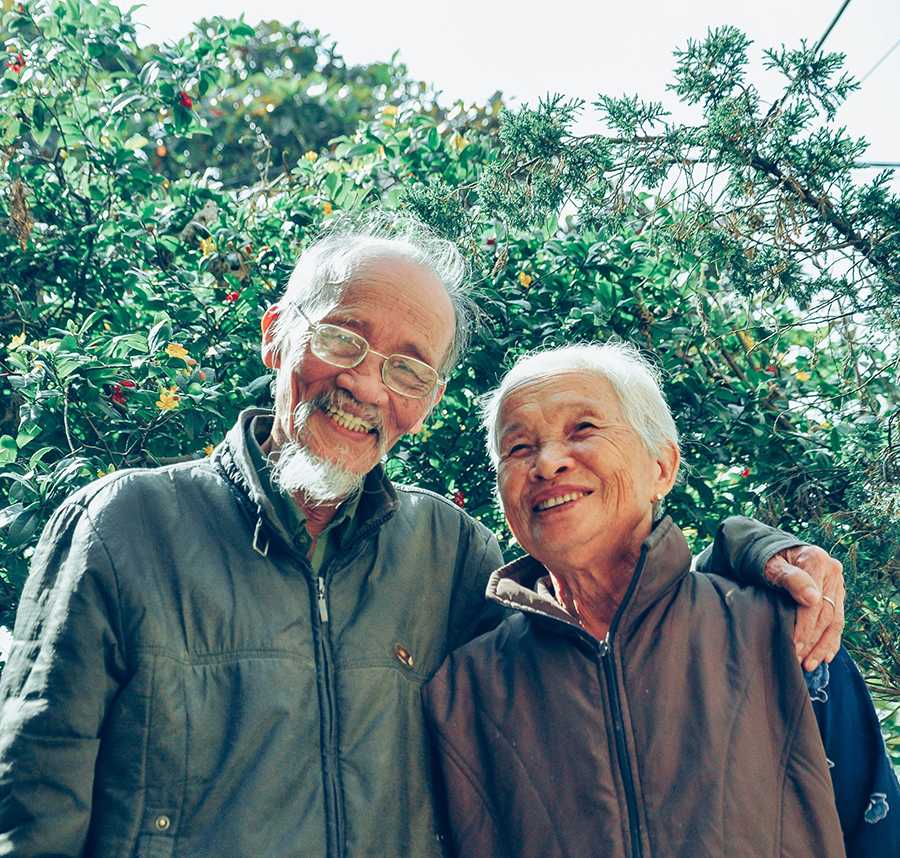Age
Age is a number, not a use-by date. Everyone should feel like they are treated equally and fairly regardless of their age.
Age discrimination can happen at any point in a person’s life but it is most likely happen to older people and youth. It is against the law for someone to treat you unfairly because of your age or how old they think you are.

What is age discrimination?
Age discrimination is when someone treats you unfairly, including bullying you, because of your age or the age they think you are.
You might experience discrimination at any age.
Examples of age discrimination
- A manager making choices around redundancy, or forcing someone to retire, because of their age.
- A restaurant manager refusing service to a couple with their two young children, saying the restaurant does not serve children under the age of 12 as they might disrupt other diners.
- A candidate being asked their age at a job interview and then not being given the job because the employer wants a younger person for the role.
- A caravan park enforcing a rule that prevents teenagers from moving around the grounds after 9pm.
- A group of young adults being told by a travel company that their cruise booking can’t be accepted because most passengers are retirees and families.
How does the law protect me?
Discrimination is against the law if it happens in an area of public life such as:
- work
- school, TAFE or university
- a club or sporting organisation
- shops and restaurants
- aged care, hotels or rental properties.
Under the Equal Opportunity Act, duty holders (such as employers, schools, and goods and service providers) have a positive duty to eliminate discrimination, sexual harassment and victimisation in these areas, as far as possible.
It is also against the law to victimise a person, which means treat them badly, because they have made complaint about discrimination or helped someone else make a complaint.
You can make a complaint
Get help from us.
You can make a complaint to us if you think you have experienced:
If you wish, someone else can make a complaint for you. Find out how we help people resolve complaints.
We can also give you information about your rights.
Age discrimination at work
Over half of complaints about age discrimination we receive are work related (51.1% in 2020-21).
While a person is responsible for their own unlawful behaviour, employers can also be held responsible.
Under the Equal Opportunity Act, employers have a positive duty to eliminate discrimination, sexual harassment and victimisation as far as possible.
Victoria is unique in having a positive duty, which creates an opportunity to prevent unlawful behaviour. It helps organisations put a healthy workplace culture in place, just as occupational health and safety laws require employers to take appropriate steps to ensure injuries don’t occur.
To ensure they are complying with the positive duty, organisations should also put measures in place to ensure that complaints are responded to swiftly and appropriately when they do arise.
The positive duty applies to employers of all sizes, regardless of whether they are a major company or a small cafe, and covers all types of workers:
- full-time, part-time and casual employees
- agents and contract workers
- trainees and apprentices.
It applies to all stages of employment, including:
- advertising jobs and recruitment
- returning to work after injury, illness or pregnancy
- dismissal and retrenchment.
Examples of age discrimination in the workplace
- Advertising for someone to join a ‘dynamic, young team’.
- Not interviewing someone because they are too young or too old to ‘fit in’ with other staff.
- Not employing younger workers because it’s assumed they’ll quickly move on to another job.
- Not employing mature-age workers because it’s assumed they’ll soon retire.
- Refusing to provide training opportunities for young or mature-age workers because it’s thought that it won’t benefit the workplace.
Are there any exceptions to the law?
There are some exceptions in the Equal Opportunity Act that mean it’s not against the law to discriminate in particular circumstances. For example, discrimination is not against the law if there is a real risk to someone’s health, safety or property.
Find out more about exceptions.
My human rights under the Charter
Every Victorian has the right to equal and effective protection against discrimination, and to enjoy their human rights without discrimination.
Victoria’s Charter of Human Rights and Responsibilities contains 20 basic rights that promote and protect the values of freedom, respect, equality, and dignity.
The Victorian Government, local councils and other public authorities must always consider Charter rights, including the right to equality, when they create laws, develop policies and deliver their services.
Find out more about your human rights under the Charter and what to do if you think they have been breached.